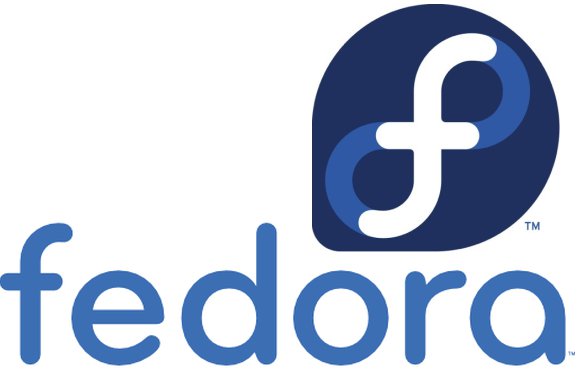Fedora Linux is banned from distribution in the Crimea (and temporarily broke the DNS)

Suddenly. Fedora Linux is a fairly popular distribution developed by the Fedora Project. It is often called the unstable version of Red Hat Enterprise Linux. On September 5, the export agreement was updated, in which the clause prohibiting the export of the distribution kit to the territory of the Republic of Crimea was added .
New agreement
By downloading Fedora software, you acknowledge that you understand the following: Fedora software and related technical information may be governed by the US Export Control Regulations and other laws of the United States and other countries and may not be exported or transferred to sanctioned countries and states that are subject to sanctions USA: at the moment [this] Cuba, Iran, North Korea, Sudan, Syria and the Crimean region of Ukraine
Source: RBC
Original text (thanks to PoliTeX ):
Fedora Export Control Product Matrix
EXPORT COMPLIANCE / CUSTOMS INFORMATION
By downloading Fedora software, you acknowledge that you understand all of the following: Fedora software and technical information may be subject to the US Export Administration Regulations (the “EAR") and other US and foreign laws and may not be exported, re-exported or transferred (a) to a prohibited destination country under the EAR or US sanctions regulations (currently Cuba, Iran, North Korea, Sudan, Syria, and the Crimea Region of Ukraine, subject to change as posted by the United States government); (b) to any prohibited destination or to any end user who has been prohibited from participating in US export transactions by any federal agency of the US government; or for use in connection with the design, development or production of nuclear, chemical or biological weapons, or rocket systems, space launch vehicles, or sounding rockets, or unmanned air vehicle systems. You may not download Fedora software or technical information if you are located in one of these countries or otherwise subject to these restrictions. You may not provide Fedora software or technical information to individuals or entities located in one of these countries or otherwise subject to these restrictions. You are also responsible for compliance with foreign law requirements applicable to the import, export and use of Fedora software and technical information. You may not provide Fedora software or technical information to individuals or entities located in one of these countries or otherwise subject to these restrictions. You are also responsible for compliance with foreign law requirements applicable to the import, export and use of Fedora software and technical information. You may not provide Fedora software or technical information to individuals or entities located in one of these countries or otherwise subject to these restrictions. You are also responsible for compliance with foreign law requirements applicable to the import, export and use of Fedora software and technical information.
Fedora software in source code and binary code form are publicly available and are not subject to the EAR in accordance with §742.15 (b)
But what about the GPL?
The GNU General Public License, in principle, does not allow such prohibitions, directly indicating the possibility of using the source and modified code for any purpose. However, a distribution is more than just a suite of programs under free licenses. Moreover, it may contain proprietary components. Therefore, there are possible options for arbitrary restrictions on the distribution of the distribution as a whole, but no one has the right to prohibit the collection of everything you need from source codes. Correct me if I am wrong.
I am very worried about the concept itself, when such prohibitions are adopted for projects in the development of which many people participate. I do not exclude that some of the developers who sent their patches can live in the same Crimea. Plus, now there will be another reason to poke your finger in the “wrong foreign Linux” and show the “right domestic”, which can be a complete copy-paste with boring wallpapers.
PS I would like to know from the hawkers from the Crimea - whether repositories are available or they are also blocked by ip-address. An unpleasant incident for free software in fact.
UPD_0
screen_sailor confirms the inaccessibility of repositories and a site in the Crimea. And I suddenly realized that in Krasnodar on Rostelecom, the resource is also unavailable.
UPD_1
amarao made a very significant comment:
I read the license text. It says "you acknowledge that you understand all of the following:". I don’t see any prohibitions. Moreover, it also says: “Fedora software in source code and binary code form are publicly available and are not subject to the EAR in accordance with §742.15 (b)”
And the work of the United States mirrors is not regulated by the GPL in any way. Sink with European or Russian.
In fact, this is not a direct prohibition.
UPD_2
The domain began to resolve. Inaccessibility at some providers was most likely connected with DNS problems. phprus reported that the problems were related to the broken DNSSEC, because of which invalid answers were discarded by the DNS servers that checked it. So it coincided. Corrected the title.
Only registered users can participate in the survey. Please come in.
Do you find such restrictions acceptable for free software developed by nonprofit communities?
- 22.3% Yes 554
- 76.4% No 1896
- 1.2% Other (I will answer in the comments) 31
